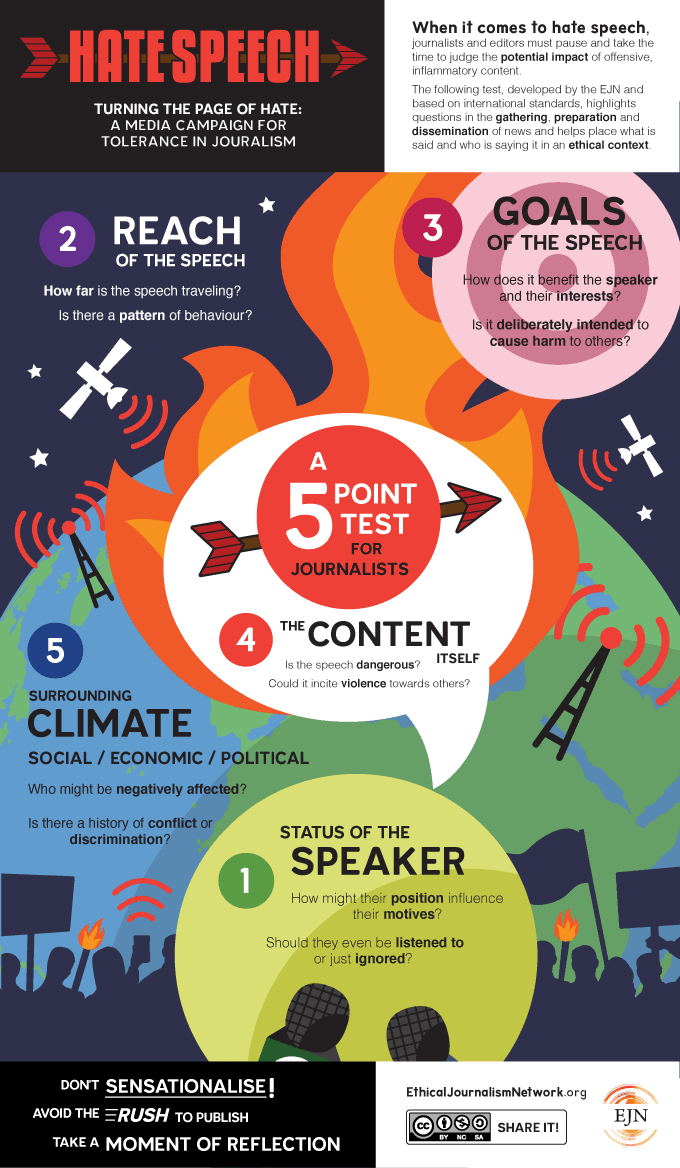World Radio Day: How to cover natural disasters and conflicts ethically

To mark World Radio Day 2016 the Ethical Journalism Network has partnered with UNESCO to create a podcast to discuss the ethical issues that radio journalists face when covering conflicts, natural disasters and humanitarian crises.
In this podcast we speak to radio international correspondents and local journalists about their experiences covering earthquakes, typhoons, civil wars, genocide and elections with a special focus on female journalists and the importance of women getting access to accurate information in these circumstances.
World Radio Day 2016
To get involved in World Radio Day 2016 use the hashtag #WorldRadioDay on social media and visit the World Radio Day website.
The podcast is moderated by Aidan White, the director of the Ethical Journalism Network.
Panelists
Key Quotes
Radio saving lives
After the earthquake in Nepal Anupa Shrestha’s radio station could not broadcast for 12 hours but they managed to relocate their studio and begin broadcasting despite the threat of aftershocks. Journalists from the station were able to give eyewitness reports from the worst affected areas and alert rescue teams to where they were most needed.
“Because of radio, I am sure that many lives were saved. The journalists went there and did live reporting. That is why the Red Cross went there, why Ambulances reached there. I am sure because of the radio transmission lots of people could save their lives.”
During the Ebola outbreak in 2014 in West Africa Mark Doyle said that local radio stations and some international stations played a “very important role in passing on health messages” about how people could protect themselves.
Safety and care for sources
Marvie Matura: “Right after the typhoon the whole area affected by it was in chaos. Trees, debris, and even dead bodies were scattered everywhere and the people were traumatised. So as radio journalists it was hard for us to get to the area and it was a challenge to interview people at that time considering their emotional state. We knew that they were in a rough moment, they were shocked, depressed very confused… As much as you want to get your story you also have to be very careful and you have to be sensitive to the feelings of the victims.
James Copnall says that radio is especially important in places like Sudan and South Sudan that have seen so much conflict but warned of the importance of getting informed consent from vulnerable people like women and children.
“The idea of consent from the interviewee – that they agree to be interviewed – but meaningful consent that they actually know what they are agreeing to is something that is extremely important. Someone who has had something traumatic happen to them, a woman who has been raped in an inter-ethnic clash for example, if she is agreeing to be interviewed does she realise that that means potentially her name is being heard in her village, in her region, around the world. I think those sorts of issues are very important to consider as a journalist because we know absolutely what we do and who is going to hear the material we produce but that doesn’t necessarily mean that the people you interview will.”
Melanie Gouby said that protecting sources was especially difficult in community radio as you are broadcasting to the same people who give you sensitive information about their lives. “Even disguising identities was sometimes not possible because voices were recognisable and stories were recognisable. So we always had long discussions with our sources, especially women who had been raped or a victim of sexual violence, to make sure that they really understood what is meant to talk to us on the radio… Sometimes we would decide not to interview someone if it was too dangerous for them.”
Balance in reporting conflict
“Sometimes that isn’t a balancing item”, says reflecting on his experience covering conflicts like the Rwandan genocide, emphasising the importance of eyewitness reporting, for which radio is a particularly good medium.
James Copnall: “What is important is not just talking to local journalists, not just the context but as much as possible – and it is very difficult in some places – going yourself and seeing for yourself. Even if you are going in a press trip organised by the government who wants to show you only one side of the picture, just by being you will see things hear things, observe things.”
Hate-speech
The podcast also discusses the Ethical Journalism Network’s five five point test for hate-speech, which was launched as part of our campaign “Turning the page of hate” in Kigali in 2014 to mark two decades since the Rwandan genocide.
As part of World Radio Day, UNESCO has translated the five-point test into Arabic and French and encourages radio stations to use it as posters in newsrooms. The infographic can be downloaded in English here, in French here and in Arabic here.
Radio stations are also being encouraged to download and broadcast the Ethical Journalism Network podcast on and before World Radio Day on 13 February 2016.
